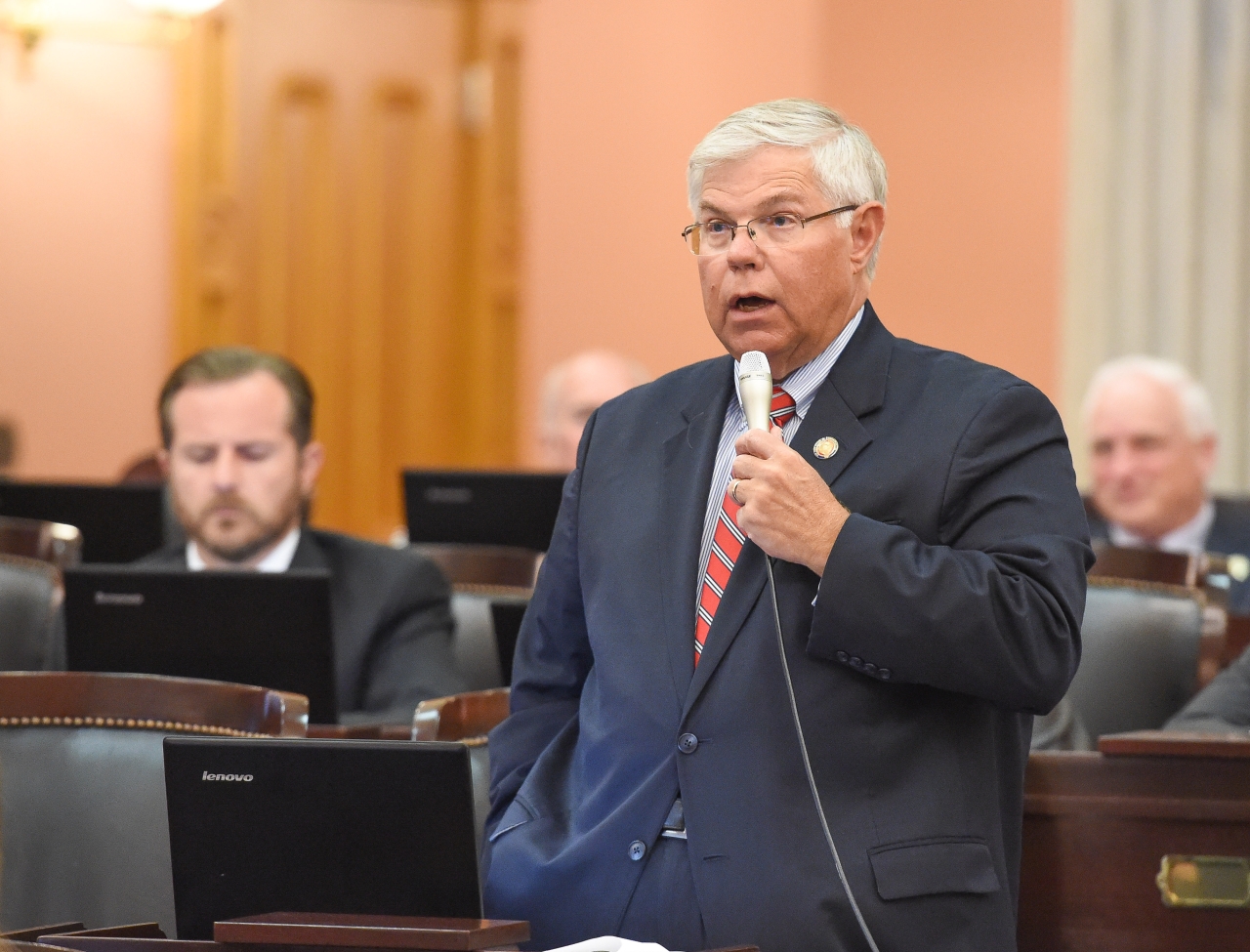Ohio House Passes Bill Modifying Ohio's Bright-Line Residency Test

The Ohio House voted favorably today to pass House Bill 292, which adjusts the criteria for determining whether an individual is considered an Ohio or out-of-state resident for income tax purposes. The set of specific criteria used to make the determination is commonly referred to as the “bright-line test.”
The legislation was sponsored by State Representative Gary Scherer (R-Circleville), who has spent the majority of his career as a CPA. The bill adds four key criteria to the bright-line test in order to be considered a non-resident. Specifically, that the individual did not:
- Claim a federal depreciation deduction with respect to an out-of-state residence being considered as the primary domicile
- Hold a valid Ohio driver's license or identification card
- Receive the benefit of an Ohio homestead exemption for real estate tax purposes
- Receive a tuition discount based on residency for attending an Ohio institution of higher education
These proposed criteria, in addition to the existing criteria of having fewer than 213 overnight stays, or “contact periods,” having a non-Ohio residence for the entire taxable year, and filing a truthful affidavit attesting to those specific facts creates an irrefutable presumption of non-Ohio domicile. Individuals are still able to be determined a non-Ohio resident if they do not meet all the criteria, however having all of the above-listed conditions ensures that the individual’s residency cannot be challenged.
“This bill addresses issues that arose following a 2015 Ohio Supreme Court case,” said Scherer. “HB 292 will make the test for determining an individual’s state of residence clear.”
Scherer introduced the legislation at the request of tax professionals in response to the Ohio Supreme Court decision, Cunningham vs. Testa. The majority opinion found that current law was overly broad and therefore the tax commissioner was allowed to use other common law criteria.
The Ohio Society of CPA’s (OSCPA), Ohio State Bar Association and Ohio Department of Taxation (ODT) worked in conjunction on the legislation to remedy the problem posed by the Ohio Supreme Court case.
“This bill, if passed by the Ohio Senate, will provide much-needed clarity to factors that can be examined by ODT,” said Greg Saul, OSCPA’s director of tax policy. “Right now, snowbirds and other non-Ohio residents are open to literally dozens of common law factors that can cause their out-of-state residency —for state income tax purposes—to be questioned, making it challenging for these individuals to know how to comply.”
House Bill 292 passed with bipartisan support and now awaits further consideration from the Ohio Senate.





